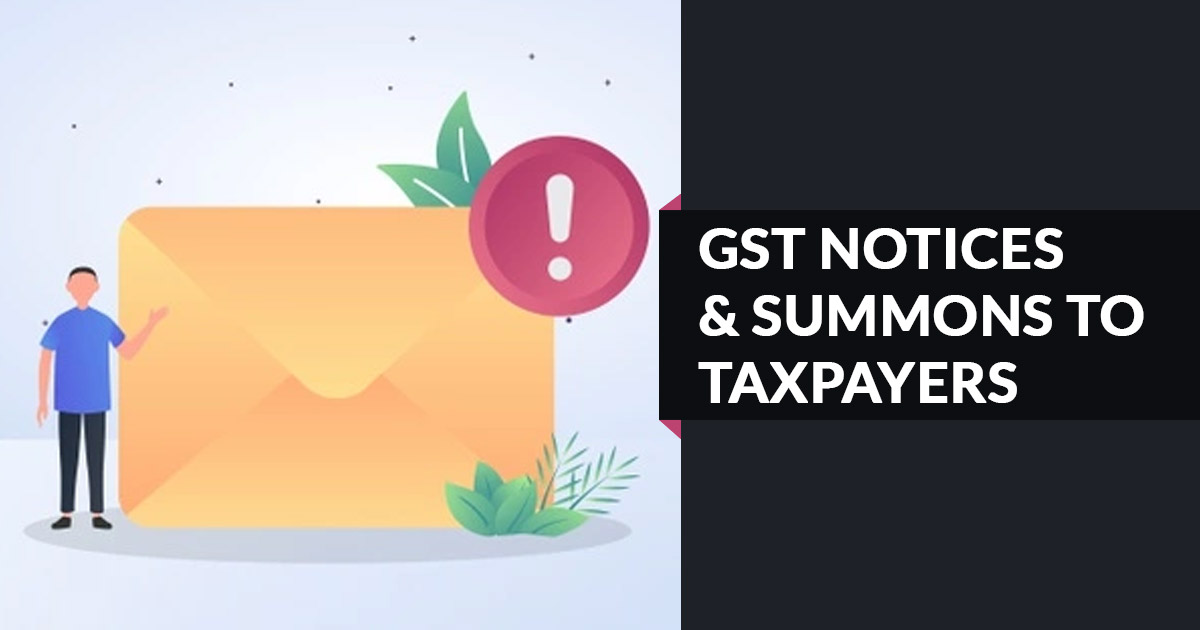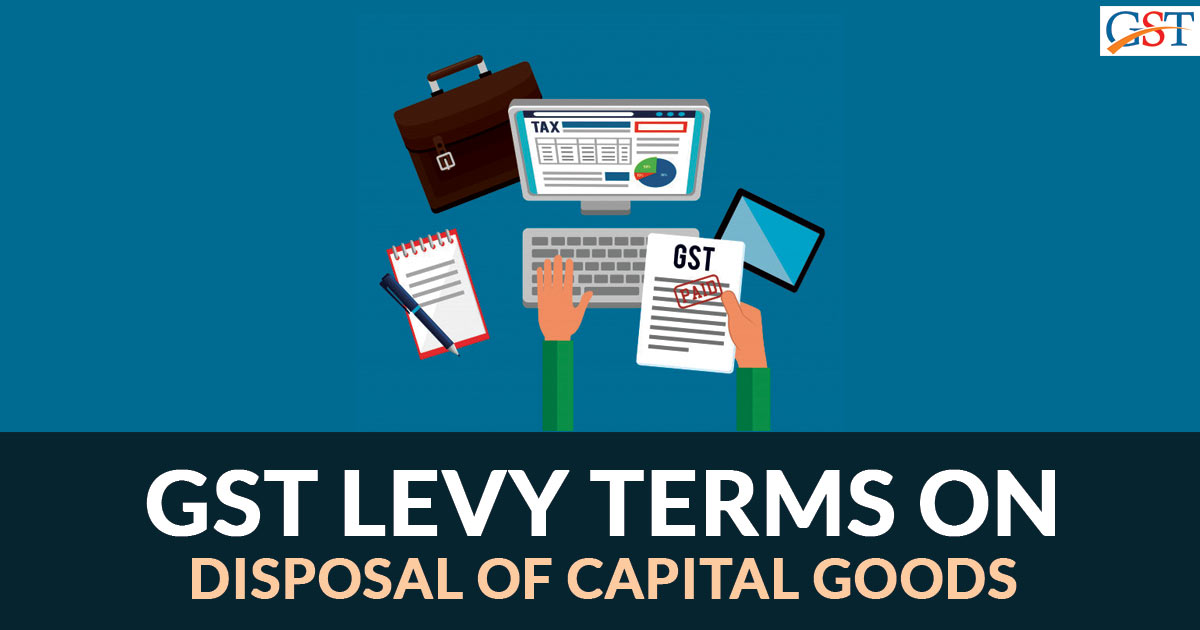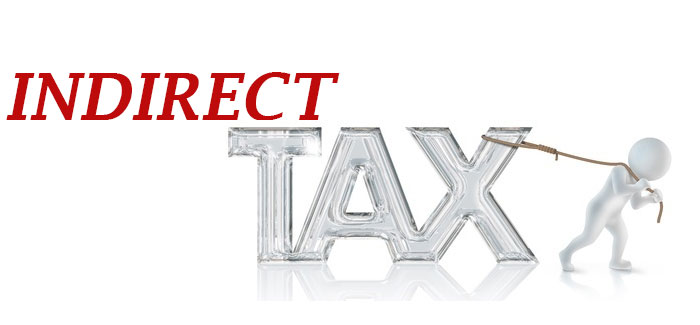Through the present FY, a series of tax notices and summons has been sent to the assessee from the indirect tax council in Mumbai and some other tax zones in the country. The problems via letters and summons have related to the cases in which the assessee has chosen for the solution beneath the Sabka Vishwas Legacy Dispute Resolution Scheme (SVLDRS), 2019 a dispute resolution policy for due service tax and excise events which was said in the Budget for FY20.

“an inquiry in connection with SVLDRS filed under voluntary disclosure under the Central GST Act, 2017 
The summons had been provided beneath Section 70 of the CGST Act, which gives powers to the tax officers to summon the individual to provide the proof and process documents.
In the other cases, issues have been sent within seven days which is the response deadline for the cases concerning the service tax payments prior to GST rollout, said the industry sources. The issues that have been sent to the Central Board of Indirect Taxes 
The industry experts who do not want to answer directed that the notices can be shown of the lower revenue stream in the aftermath of a covid-19 pandemic, adding that the tax council can do an inquiry for the period backdating 5 years if there is the case of mala fide intent.
“Even though the SVLDRS scheme ended long ago, and applications were accepted then, tax authorities can ask for information within five years if there’s a mala fide intent,”
The issues sent through the tax council come even as the CBIC has separately stated that its field offices exercise utmost prudence and max caution in the attachment of the property of the assessee in cases where there is the engagement of the theft, bogus invoicing, and late of more than 3 months in depositing the tax received and that the value of the property attached provisionally is not redundant.
The government has amended its estimated revenues from direct and indirect taxes for the 2020-21 financial year. GST mop-up is approximate to be lesser through Rs 1.49 lakh crore and customs duty collections estimated to be lower through Rs 26k cr with respect to the estimated budget for the financial.
FM has declared the legacy dispute resolution scheme, SVLDRS, in FY 20 budget “allow quick closure” of the litigations which seems to be the pre-GST regime. Beneath the policy, the relief was to the tune of 70% of the duty engaged if it was Rs 50 lakh or lower and that of 50% if it exceeds Rs 50 lakh. This was for the cases due in adjudication or appeal or in the investigation and audit. In cases of net arrears of the revenue, the benefits were 60% of the duty amount if it was Rs 50 lakh or lower and 40% if it exceeds Rs 50 lakh.